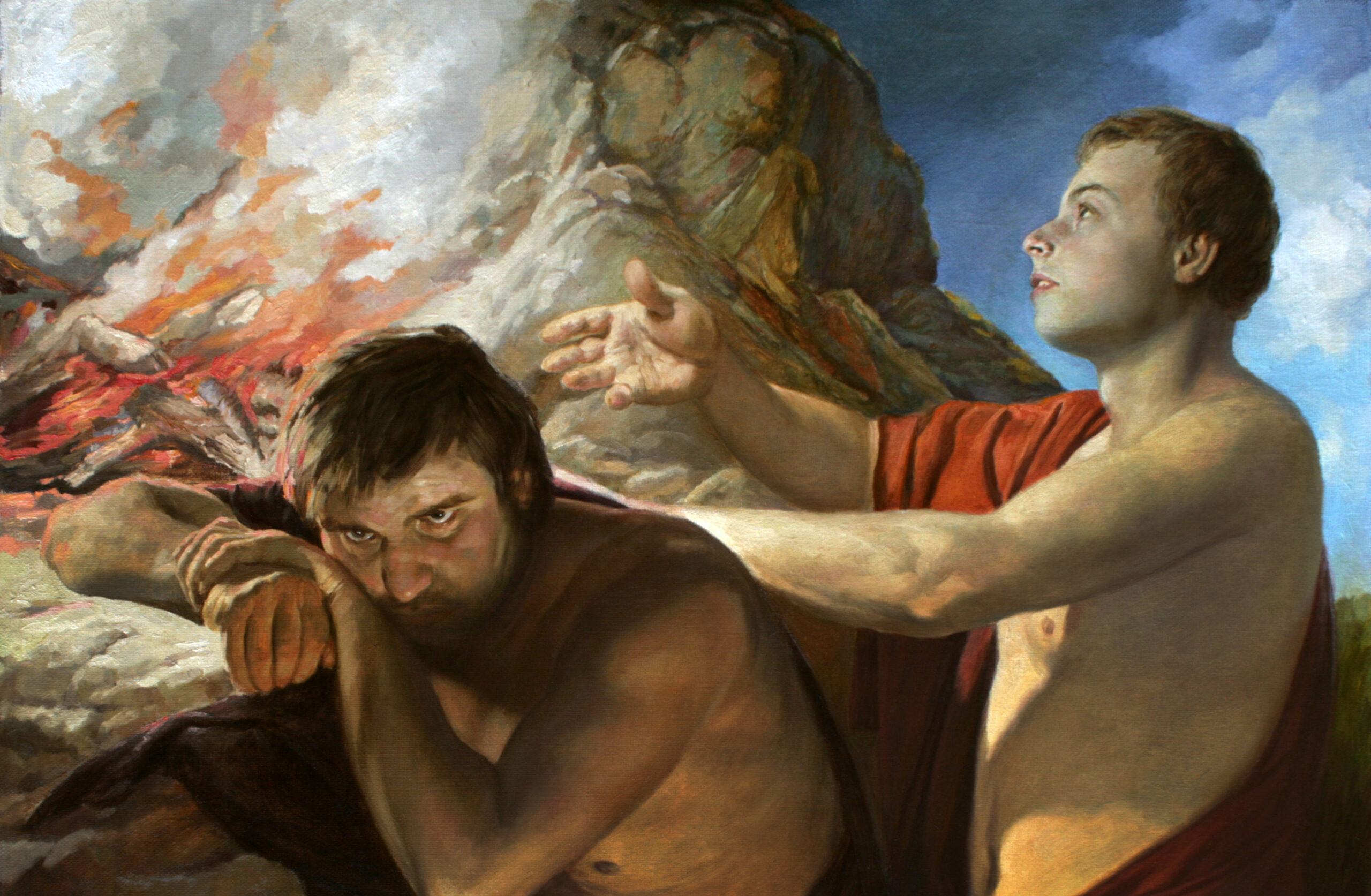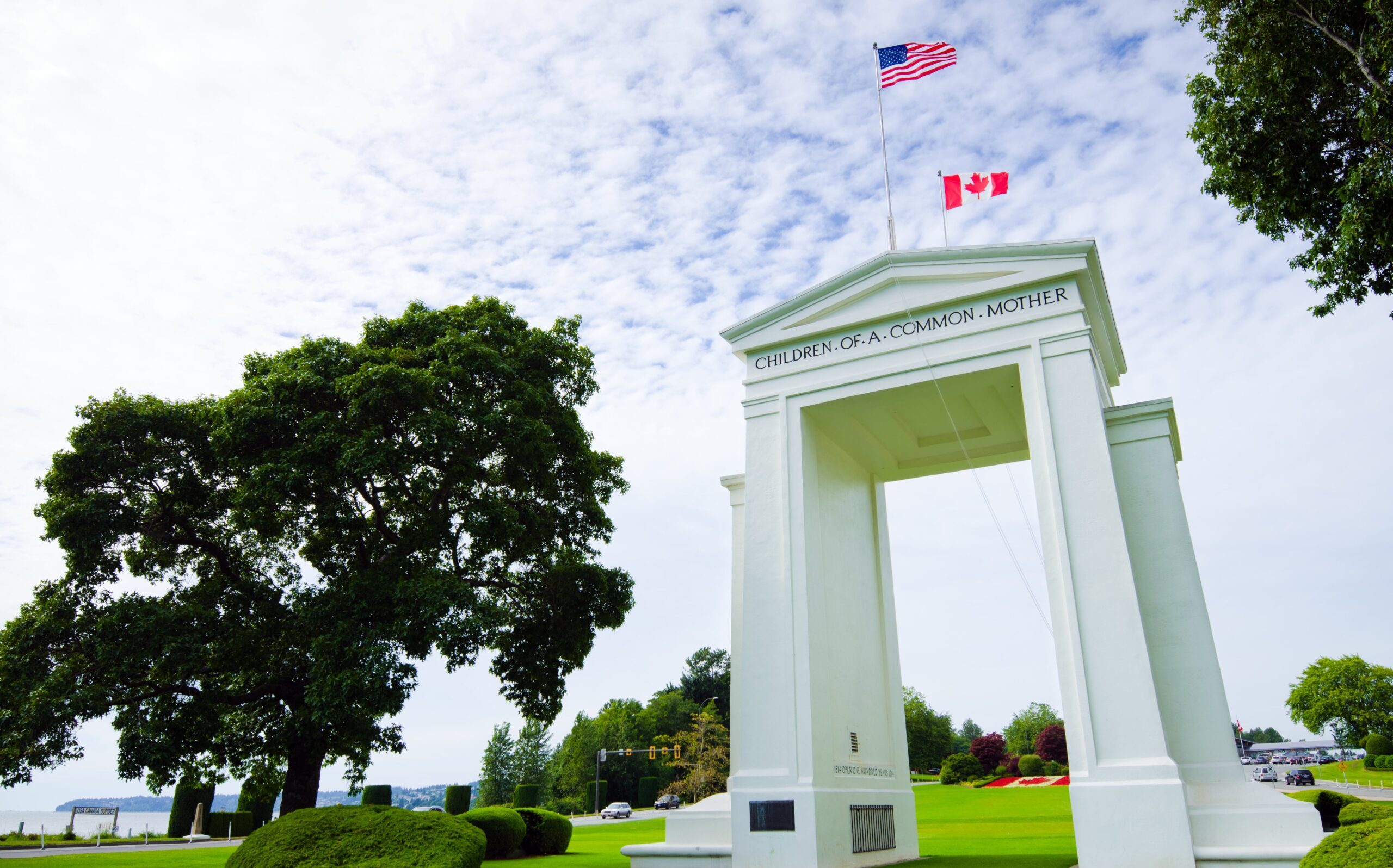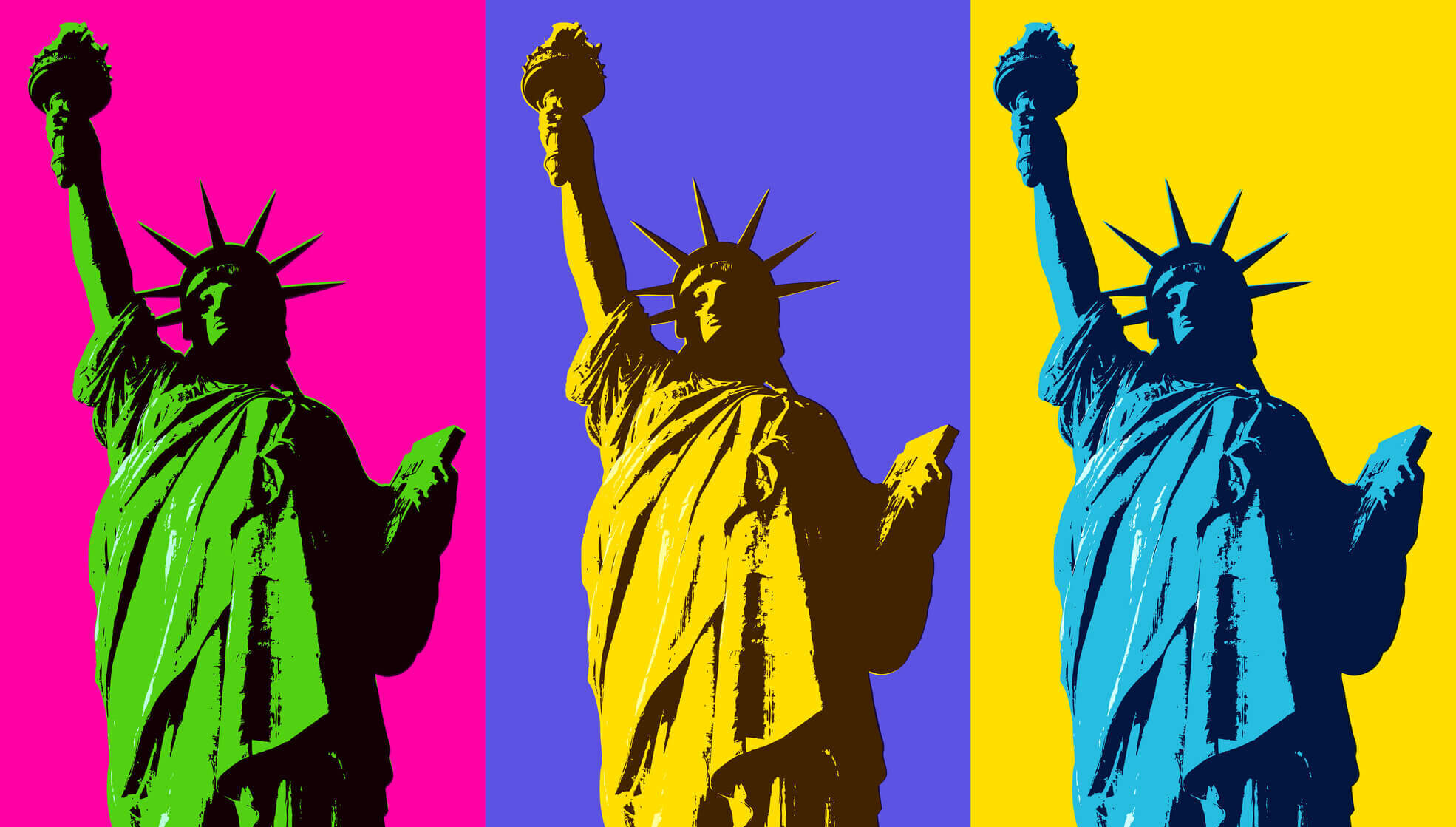Metamorphoses of the City: On the Western Dynamic by Pierre Manent
Translated by Marc LePain
(Cambridge: Harvard University Press, 2013)
Originally published as Les métamorphoses de la cité (Paris: Flammarion, 2010)
“In Europe today,” laments Pierre Manent, “the civic operation is feeble and the religious Word almost inaudible.” The situation is laced with irony. The weakness of politics and the weakness of religion have come about just as they have expanded to take on the broadest, most impartial object—the politics and religion of humanity itself. By a kind of hidden reversal, fixing on humanity as a whole has rendered politics inoperative and religion silent. Instead, “the technological norm and juridical rule” have assumed the role of commanding our public life in the name of necessity, the necessity of humanity. But as rule by necessity has advanced, the articulation of and debate over necessity has almost disappeared. When life waits on technology and technocracy, it receives every change silently, as “a command without word,” lacking the substance and meaning of an action.
How we have arrived at this situation is the subject of Pierre Manent’s book Metamorphoses of the City, published in French in 2010 and now brought into fluid English by Marc LePain. This work fulfills a suggestion made by Manent on the last page of The City of Man—his call for a “science of Rome,” and his lament about the limitations of political understanding when Rome as Rome is omitted. But what is “Rome,” and why would its study teach us the character of our present situation?
Patiently, unobtrusively, Pierre Manent introduces through the study of Rome the elements of a new political science—a science of “political forms,” a supplement to the regime-centric political science of Aristotle. The key phenomenon of Rome, according to Manent, is the retaining of its identity while its political form changed, from city and kingship to republic, empire, and finally Church. That transformation had no analogue among the Greek cities, which Aristotle (with a blind eye to Alexander) presented as becoming ever more democratic. A science, if we retain Aristotle’s understanding, must not be of change but of the principles or source of change. If Pierre Manent does propose a new political science, it is of the mediation offered to human beings by their political forms—the mediation between what they are and what they do. The political, religious, and philosophical approaches all attempt such a mediation, whether in the political regime’s mediation between citizen and man in the action of the city, or the Church’s mediation between God and man in liturgical and sacramental action. Mediation requires something mediated, something mediating, and a specific set of operations by which that mediation occurs. Manent’s study begins from this point. It ends ominously.
The possibility of deliberating in common and then acting is the Western invention whose course Manent chronicles. Its origin, he suggests, lies in the prepolitical experience of the military camp of warriors described in Homer’s Iliad. While not a city proper, the camp of the Achaeans had a certain self-sufficiency across time, a concern (however vexed) for forming common purposes, and even a division into one, few, and many.
The founding of the ancient city brought about something “more profound” than what we currently expect from politics—a transformation of human nature, rather than the modern life of settled peace and commerce. But for the same reason, the arrival of classical politics was “less complete” since it made its peace, so to speak, with political strife. The ancient city’s accomplishment was to contain the centrifugal tendencies of both rich and poor within a limited area still broader than its component parts. By contrast, Manent suggests, the modern regime overcomes the tension between rich and poor only at the cost of internalizing that tension within each citizen. The present circumstances call everyone to be more equal, but everyone to be more productive, distinctive, and unique as well.
The Greek city that established politics as the horizon of common human action was only the first political form in the long story of Western political development. It is the Roman form that in many ways raises an even more difficult set of questions than the Greek case. After all, we still occupy many of the intellectual, artistic, political, and religious structures that originated at Rome. But Rome itself, Manent points out, violated many of the supposed norms established by Greek experience. Rome attempted in particular to combine the phenomena of city and empire, while the classical philosophers Plato and Aristotle saw city and empire as contrary and unable to be mixed. An empire could not have political life.
Manent approaches the Roman case through the question of the rise and the character of Caesarism—the transformation of the Roman republic into an empire that somehow escaped the dangers Aristotle had seen in absolute monarchy. Indeed, monarchy remains the model of European government, not in the person of the king but in the principle of state sovereignty. If the Greeks did not know a monarchy like Caesar’s, then their political science would be inadequate to an important political phenomenon that continues to remain with us in changed form.
This deficiency in Aristotle’s political science would have serious consequences for the attempts—of which Manent is an important French representative—to revive classical political science in order to understand even contemporary regimes. According to Leo Strauss’s understanding, Caesarism could be understood by classical political philosophy as a subdivision of absolute monarchy. Aristotle, concerned to preserve the dignity of the city and political life, allowed but did not encourage the occasional necessity of such a monarchy. According to Manent, however, a clearer study of Roman political life calls to our attention key differences between the political science needed to understand the Greek city and that needed to understand Rome. Aristotle had assigned kingship to the primitive times before cities, but his regime-centric analysis could not make sense of the Roman political form—that of a popular republic expanding so greatly that the need for monarchy increased over time.
Basing his argument on a striking reading of Cicero’s De officiis, Manent suggests that Rome’s vast expansion changed the character of its citizenship. Previously the citizen was a “concrete universal,” but Rome brought about “the separation of the universal moral agent and the particular individual.” Having grown too large for the citizens to assemble, Rome had to be governed by magistrates in the name of the citizens who constituted Rome but could not assemble. For Aristotle, political speech was always in the mouth of citizens. Rome’s expansion dilated ratio et oratio to encompass humanity as a whole. The magistrate’s office, by way of response, narrowed its scope to deciding and settling issues of jura or rights—the sorts of things that might reasonably be assigned to members of such a large community.
* * *
Unlike the Greek cities that preserved only their names among the changes of regime, Rome preserved a real identity from its founding as a kingdom to its transformation into republic and empire. But when Cicero came to praise Rome’s mixed regime in book 2 of the De republica, he emphasized the irrational or unplanned character of its changes: a people freed from kingship swings to a further extreme. The happy medium advocated by classical philosophy did not hold. What Cicero presented with a lament—the irrational mutability of things—Machiavelli and the moderns sought to appropriate and exploit. “Rome,” says Manent, “was the great engine that produced force and motion.” Rome survived its class struggles by continuous expansion, and the modern regime imitates that expansion in a different way—not territorially through conquest but through the expansion of human commercial empire that (it claims) lifts all boats.
The modern political experiment, according to Manent, is designed to heal the separation between citizen and believer that was introduced into Rome by the Christian revelation and never resolved during the Middle Ages. “The modern State,” he says, “rests on the repression, in any case the frustration, of the two most powerful human affects”—participation in political and ecclesiastical communities. Political participation is frustrated by the limitation of politics to the protection of rights, and the shift toward representative and administrative government. Religious participation is frustrated by the separation of Church and State. While we are certain Church and State should be separate, it is less certain what “the political” and “the religious” really are. The Church poses an interesting political question: what is a community that claims to be real but that, unlike the Jewish community, denotes not a particular group but potentially all nations?
For Manent an initial answer to that question lies in Augustine’s City of God, a work contributing both to the unwritten “science of Rome” and to the science of ecclesiastical polity. The Church marks an expansion of political universality beyond the Greek city’s concern for the koinon and Rome’s concern for the res publica. Christianity’s assertion of a possible universal community isn’t naive; Augustine’s “divided will” acknowledges the limitations on the realization of such a community. Augustine’s interpretation of original sin changes the way the virtues appear in relation to ordinary human life—perhaps more realistically than in Aristotle’s account. The virtues may perfect natural inclinations in theory, but in practice they must restrain the bad inclinations left by original sin.
“Every progress in generality,” Manent writes, “requires a new human association as the framework of a novel human operation.” In the case of the Church, the universal community claims to operate by way of charity. How can the Church’s universal community be evaluated politically? From the standpoint of the political associations within which it appeared, the Church marks off a kind of separation from ordinary political association. This separation appears even in matters such as Augustine’s refusal to countenance the suicides of Lucretia and Cato. Christians distinguish the body and soul in such a way that the soul can maintain its freedom when the body is tainted unwillingly. Augustine’s distinction between the “city of God” and the “city of man”—mixed willy-nilly in this life—flows from the same principles.
Nevertheless, for all its intended universality, the progress of the Church eventually coincided with internal divisions that challenged its claim to operate by charity—not only the later division of Protestantism but also the division of Donatism in Augustine’s own day. The apparently progressive expansion of universality raised a question for modern philosophers about what would succeed the universality of the Church: humanity claims to be more universal than the Church but cannot suggest a method of operation sturdier than charity, no matter how weak it was. This point—that communities of any scope require some method of operation—is key to Manent’s critique of the current direction of political life.
Christianity replaced the pagan mediation between gods and men by the mediation of Christ, the God-man, and his body or spouse, the Church. In spite of its difference from the Platonist or pagan attempts at mediation, the Christian attempt was, in Manent’s view, still an attempt at mediation of some sort. The decisive shift with regard to mediation comes not simply in modern political science but in the Protestant Reformation, which abolished the Church as a real, universal mediating institution. The doctrine of the priesthood of all believers led by a sort of inexorable process, Manent thinks, to the assumption of priestly authority by those believers holding political authority—namely, the civil power, or nation.
The nation-state’s ability to decide religious questions eventually, according to Manent’s provocative suggestion, was reinterpreted as the origin of political neutrality. “What at the end of the process will appear as a neutral State,” he writes, “is rather a State that has progressively relinquished its original partiality such that the separation between the State and the Church is the term of a story that began with the confusion between nation and religion.” Although the nation was forged in the religious disputes of the Reformation era, its eventual shift toward religious neutrality left the nation without a clear mission or purpose, and without a clear role as the mediator of the religion of its citizens. It is this fact, Manent suggests, that lies behind the nation’s new vocation as the mediator not of its citizens, not of any religion, but of humanity itself—the only truly comprehensive, impartial association freed of religious taint. “But this humanity,” Manent writes, “is devoid of political significance; it does not constitute an effective political resource.”
As the reasons for choosing humanity to mediate our politics become less clear, so too the reasons for abandoning earlier forms of mediation become less compelling. Humanity proves to be an enervating, not a motivating principle—an excuse, not a reason. Yet humanity is also the peak of political universality, beyond which no further appeals may be made. If that ultimate standard, if that final universality, has no political valence, we may have no option but to return to earlier forms of politically viable mediation. Some of those were good and some were bad. But if devotion to humanity prohibits evaluating them frankly, the result could be disaster. Rule in the name of humanity does not have an unbloody history. Metamorphoses is a guide to political forms that lie in tatters but that have not been successfully replaced. ♦
Gladden J. Pappin is a fellow of the Potenziani Program in Constitutional Studies and the Center for Ethics and Culture, both at the University of Notre Dame. His work appears in History of Political Thought, the Review of Metaphysics, Perspectives on Political Science, and elsewhere.













